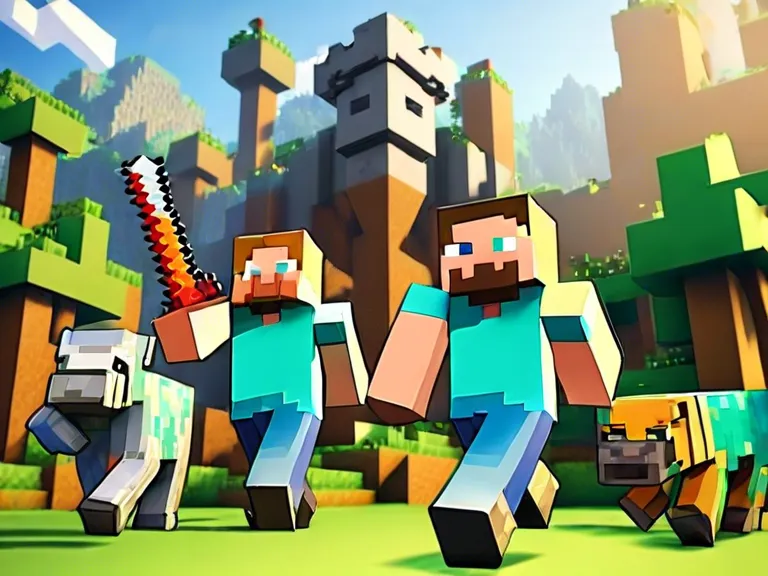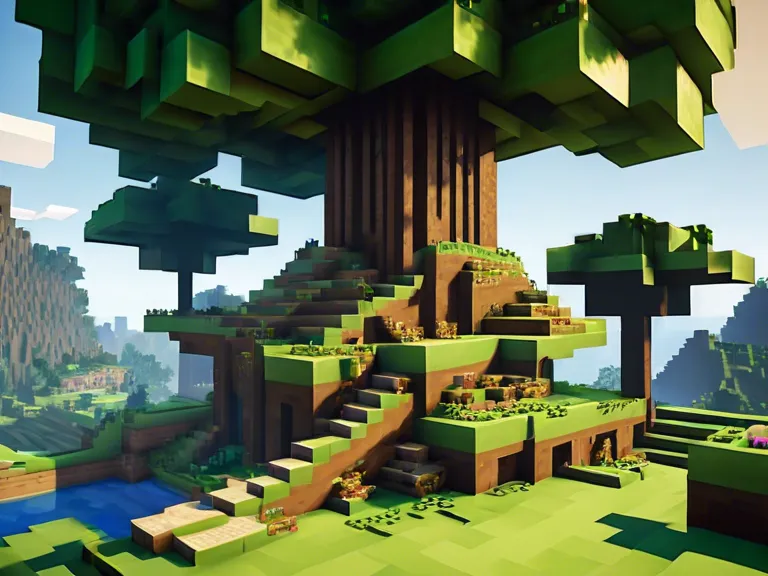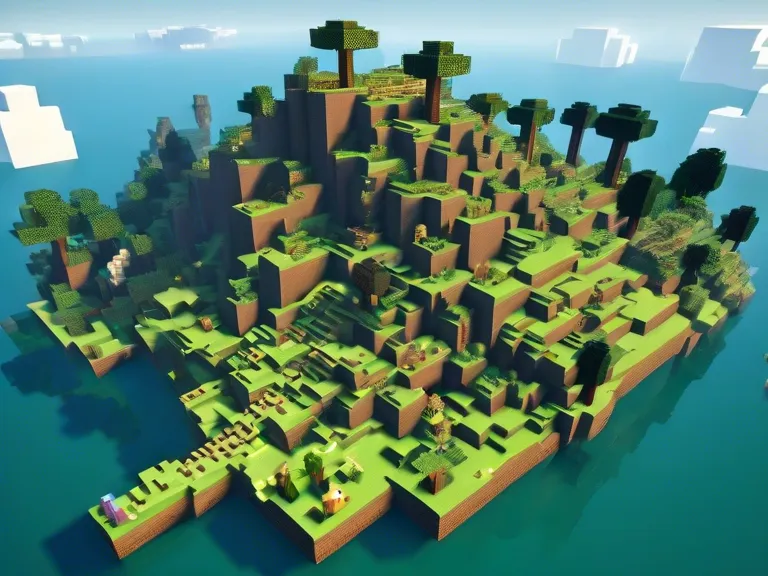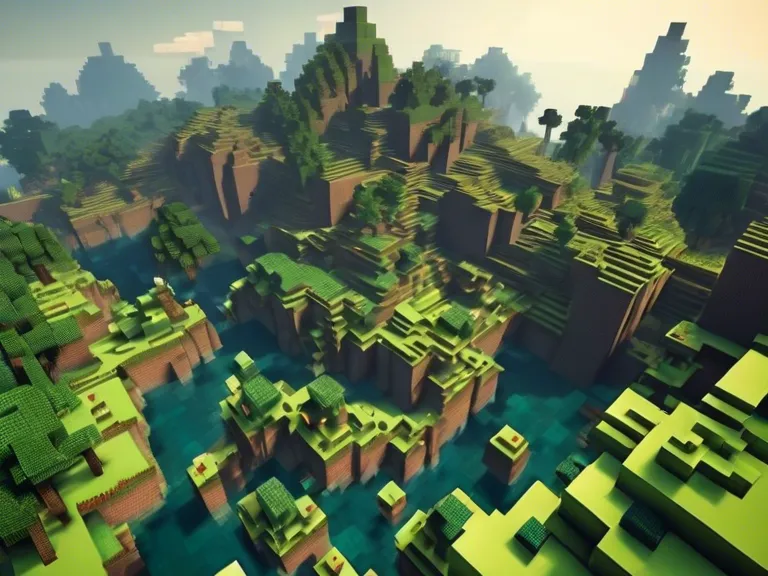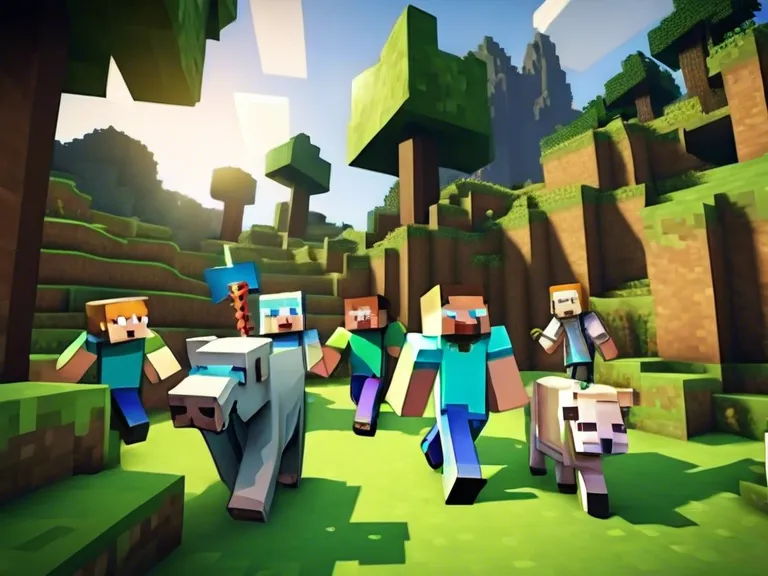
Explore the philosophical concepts and cultural impact of virtual worlds through the lens of Minecraft. From creativity and collaboration to existentialism and the nature of reality, Minecraft offers profound insights into the human experience.
Virtual worlds have become an increasingly popular form of escapism and entertainment in today's digital age. One such world that has captured the hearts and minds of millions is Minecraft. But beyond its surface level gameplay, Minecraft offers a unique lens through which to explore philosophical concepts and its cultural impact. From creativity and collaboration to existentialism and the nature of reality, delving into the world of Minecraft can provide profound insights into the human experience and our relationship with technology.
At its core, Minecraft is a sandbox video game that allows players to build and explore virtual worlds made up of pixelated blocks. The open-ended nature of the game encourages creativity and experimentation, leading players to construct elaborate structures, embark on quests, and even engage in virtual economies. In this sense, Minecraft serves as a reflection of the human capacity for imagination and innovation, inviting players to shape their own reality within the confines of the game world.
But beyond its gameplay mechanics, Minecraft also raises questions about the nature of reality and the boundaries between the virtual and the physical. As players immerse themselves in the game, they may find themselves questioning the nature of existence and the possibility of alternate realities. This existential exploration can lead to a deeper understanding of the human experience and our relationship with technology in an increasingly digital world.
Furthermore, Minecraft has had a significant cultural impact, influencing everything from education to urban planning. In schools, Minecraft is being used as a tool to teach subjects such as history, mathematics, and computer science, allowing students to engage with complex concepts in a hands-on and interactive way. In urban planning, Minecraft has been used to create virtual models of cities, enabling architects and designers to experiment with different layouts and structures before bringing them to life in the physical world.
In conclusion, the philosophy of virtual worlds, as exemplified by the Minecraft experience, offers a fascinating glimpse into the intersection of technology, creativity, and human nature. By exploring the virtual landscapes and existential questions posed by games like Minecraft, we can gain a deeper understanding of ourselves and the world around us.
